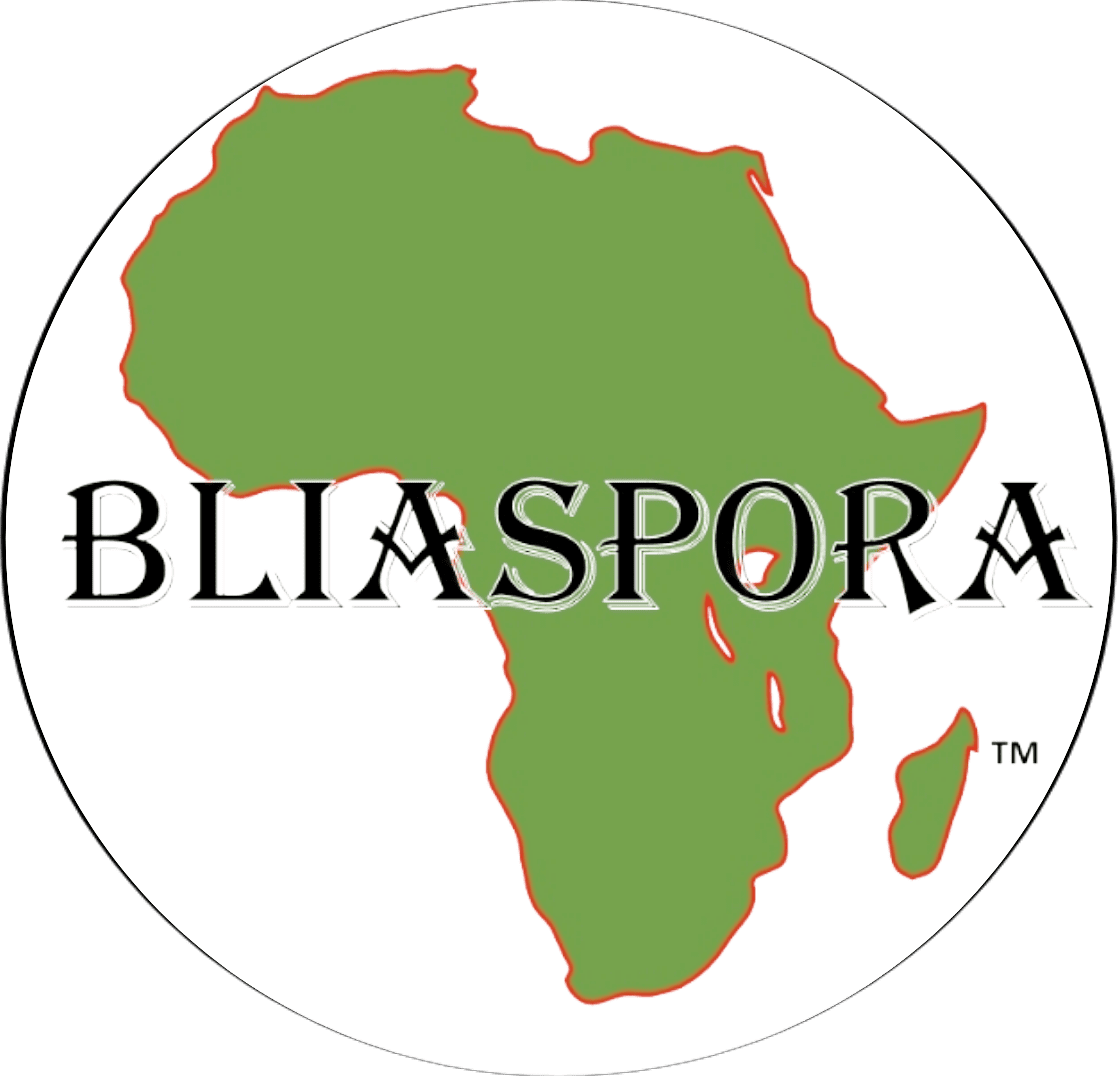The third largest island in the Caribbean, after Cuba and the Island of Hispaniola, Jamaica is rich in culture and tradition. For a small island nation Jamaica’s culture and athletes are known globally. Originally “discovered” by Christopher Columbus in 1494 Jamaica was previously a Spanish colony until 1655 when the British rid the Spanish of the island in about five years.
A slave’s life on Jamaica was brutal and short, because of high incidences of tropical and imported diseases and harsh working conditions; the number of slave deaths was consistently larger than the number of births. Europeans fared much better but were also susceptible to tropical diseases, such as yellow fever and malaria. Despite those conditions, slave traffic and European immigration increased, and the island’s population grew from a few thousand in the mid-17th century to about 18,000 in the 1680s, with slaves accounting for more than half of the total.
https://www.britannica.com/place/Jamaica/British-rule
Jamaica was very lucrative for Britain based off the production of sugar; this created an increase of slave labor. As a result, the demand for more slave labor swelled where the number of slaves outnumbered the British approximately 5 to 1. Prior to British occupancy of Jamaica, maroon communities existed during Spanish colonization. The maroons were a fierce group of free slaves that used guerrilla warfare tactics in the islands interior to elude and attack Spanish and British. There were to factions of maroons the windward(east) and leeward(west) that were a constant problem for the British.
As more slaves were imported from Africa to work on the developing sugar plantations, and the population of enslaved Africans grew on Jamaica, there were more rebellions by the slaves. Some of the rebel slaves disappeared into the mountains and joined the Maroon communities. As the Maroon population grew, the Jamaican government decided to defeat the Maroons once and for all. They were seen as a constant threat by the government. The First Maroon War began in 1728. The campaign against them made the Maroons more determined than ever. Under their leader called Cudjoe, the Maroons fought back. In 1739, the British and the Maroons made peace. The freedom of the Maroons was recognized, and their land was given to them. The Maroons were to govern themselves. In return they would support the British government in Jamaica against foreign invasion and would help capture rebel slaves and runaways from the plantations and return them to their owners. Although this agreement might seem strange now, it was one way for the Maroons to live in peace with the island’s government.
http://discoveringbristol.org.uk/slavery/against-slavery/black-resistance-against-slavery/the-maroons-of-jamaica/
In 1807 the British Parliament abandoned the Transatlantic Slave Trade, unfortunately, it was not until 1838 where all the slaves were free throughout all the British colonies. After the abolishment of slavery Britain began to use indentured servants from India 1845 and China in 1854 were many still reside today.
On August 6, 1962, Jamaica became independent with full dominion status within the Commonwealth, under a constitution that retained the British monarch as head of state. Sir Alexander Bustamante assumed the title of prime minister. The following year Jamaica joined the International Monetary Fund (IMF).
https://www.britannica.com/place/Jamaica/Self-government
Today Jamaica is known for tourism, music, sports, and religion. The birthplace of Reggae, Dub, and Dancehall amongst others. Gives this island nation a deep sense of pride.

The 1960s and 70s Bob Marley and the Wailers brought the popular genre of Reggae to the masses, where Marley solidified himself as a global icon during and after death. The music from Jamaica also influenced hip-hop music in the states, as mentioned earlier, was created by a Jamaican Immigrant. Every four years during the summer Olympics Jamaican track and field athletes shine. It’s guaranteed that these star athletes will take home plenty of medals. Now retired Olympian Usain Bolt is the fastest man alive and arguably the best sprinter of all time. Jamaica is less known for their winter sports since it’s located in the tropics, however, Jamaica’s bobsled team has earned the international respect. The success of the team inspired the Hollywood film “Cool Runnings” in 1993 that was a hit in the United States. Other popular sports include football(soccer), cricket, and netball with the rising popularity of basketball.
Rastafarian “religious and political movement, begun in Jamaica in the 1930s and adopted by many groups around the globe, that combines Protestant, Christianity, mysticism and a pan-African political consciousness.”
https://www.britannica.com/topic/Rastafari


*Data From: http://worldpopulationreview.com/countries/jamaica-population/
- Reggae
- Dancehall
- Calypso
- Mento
- Jazz
- Ska
- DJs and Toasting
- Rocksteady
- Jamaican Rice and Peas is a delicacy and is eaten as a side dish to a high protein meal.
- Beef Patty made of a flaky crust is packed with beef.
- Jerk Chicken and Pork a staple of any Jamaican cuisine is the jerk flavor added to either chicken or pork.
- Ackee and Saltfish ackee is the national fruit and is often made with fish.
- Ital Stew Ingredients in a stew can include vegetables (such as carrots, potatoes, onions, beans, peppers, mushrooms, and tomatoes) protein is added such as seafood, beef, or chicken.
- Curry Shrimp is an Indonesian cuisine
- Mannish Water is a goat soup
